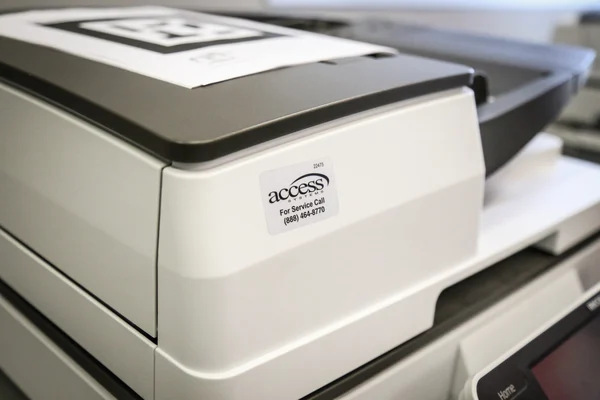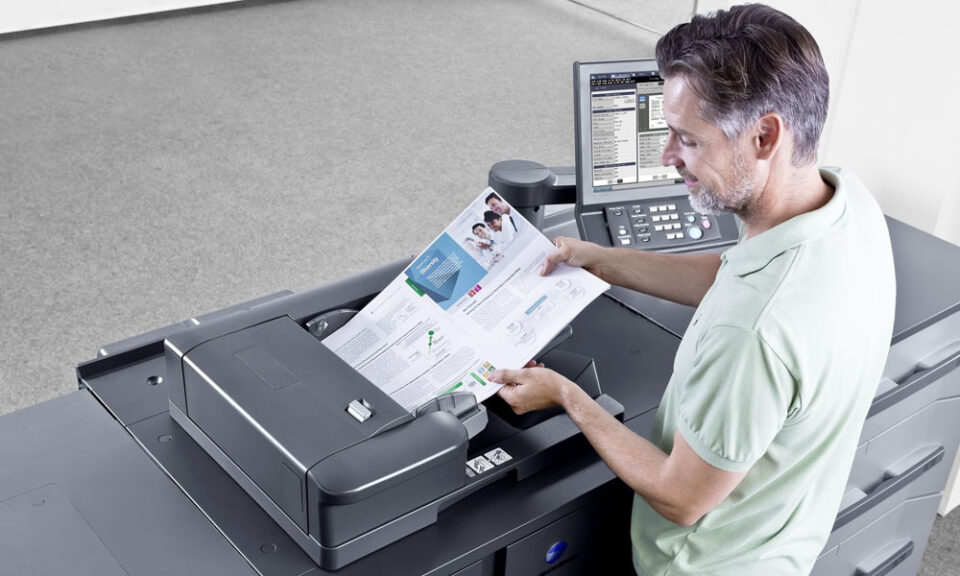When it comes to outfitting your office with a copier, one of the first decisions you’ll need to make is whether to lease or buy. Both options have unique advantages and drawbacks that can impact your business’s finances, efficiency, and long-term operational goals. In this article, we’ll dive deep into the key factors to consider when comparing copier leasing and purchasing outright, helping you make an informed decision tailored to your business requirements.
1. Initial Costs: Managing Upfront Expenses
Leasing a Copier
Leasing typically involves lower upfront costs, making it a more budget-friendly option for businesses aiming to conserve cash flow. Instead of paying the full price of the copier at once, you make fixed monthly payments over the lease term. This can be particularly appealing for startups or small businesses with limited capital.
Buying a Copier
Purchasing a copier requires a significant upfront investment, which can be a hurdle for companies with tight budgets. However, outright ownership eliminates recurring monthly payments, which might save money in the long run if the copier is used for several years.
2. Ownership and Control
Leasing
When you lease a copier, you don’t own the machine. Instead, you’re essentially renting it from the leasing company. While this provides flexibility to upgrade to newer models at the end of the lease term, it also means you’ll never build equity in the asset.
Buying
Ownership gives you complete control over your copier. You can customize it, sell it, or keep it as long as you wish. Businesses that prefer long-term investments often favor purchasing, as it allows them to avoid the constraints of leasing agreements.
3. Maintenance and Repairs
Leasing
Leasing contracts often include maintenance and repair services, which can simplify your copier management. This ensures your machine is always in working condition without additional costs for unexpected repairs. However, service agreements may vary, so it’s essential to understand the terms upfront.
Buying
When you buy a copier, you’re responsible for its maintenance and repair costs unless you purchase an additional service plan. While this gives you the freedom to choose your repair provider, it can also result in unexpected expenses if the copier malfunctions.
4. Technology and Upgrades
Leasing
Leasing allows businesses to access the latest copier models without committing to outdated technology. Many leasing agreements include provisions for upgrading to newer models, ensuring your office benefits from the most advanced features available.
Buying
Once you purchase a copier, you’re locked into using that specific model until you decide to upgrade. This could be a disadvantage if your business requires cutting-edge technology to stay competitive, as copiers can quickly become outdated.
5. Tax Implications
Leasing
Monthly lease payments are often tax-deductible as a business operating expense, offering a financial benefit during tax season. This can make leasing an attractive option for businesses aiming to reduce taxable income.
Buying
Buying a copier may also offer tax advantages, as the cost of the machine can be depreciated over time. However, these benefits might be less immediate compared to the monthly deductions offered by leasing.
6. Long-Term Costs
Leasing
While the initial costs of leasing are lower, the total cost of leasing over several years may exceed the cost of purchasing a copier outright. Extended leases can result in higher overall expenses, so it’s crucial to calculate the total lease cost over the intended term.

Buying
Purchasing a copier can be more cost-effective in the long term, especially if your business uses the machine for many years without frequent upgrades. However, you’ll need to account for maintenance, repairs, and the potential cost of eventual replacement.
7. Flexibility and Scalability
Leasing
Leasing offers more flexibility for businesses anticipating growth or changes in their copying needs. If your business expands and requires additional or more advanced copiers, leasing agreements often allow for adjustments to meet your needs.
Buying
Purchasing a copier may limit scalability, as upgrading or adding machines can be costly. Businesses that experience rapid growth might find leasing to be a more adaptable solution.
8. Environmental Considerations
Leasing
Leasing companies often handle the disposal or recycling of old machines, ensuring compliance with environmental regulations. This can be a significant advantage for businesses committed to sustainability.
Buying
When you own a copier, you’re responsible for its disposal at the end of its life cycle. If your company doesn’t have a recycling plan in place, this could pose environmental and logistical challenges.
Key Takeaways: What’s Right for Your Business?
- Leasing: Ideal for businesses that value flexibility, access to the latest technology, and predictable monthly expenses. It’s especially beneficial for companies with limited upfront capital or those expecting frequent upgrades.
- Buying: Best suited for businesses looking for long-term cost savings, full ownership, and control over their copier. It’s a practical choice for companies with stable copying needs and the financial capacity for upfront investment.
Ultimately, the decision between copier leasing and buying depends on your business’s financial situation, technology requirements, and operational goals. By carefully evaluating these factors, you can choose the option that aligns with your priorities and supports your company’s growth.

